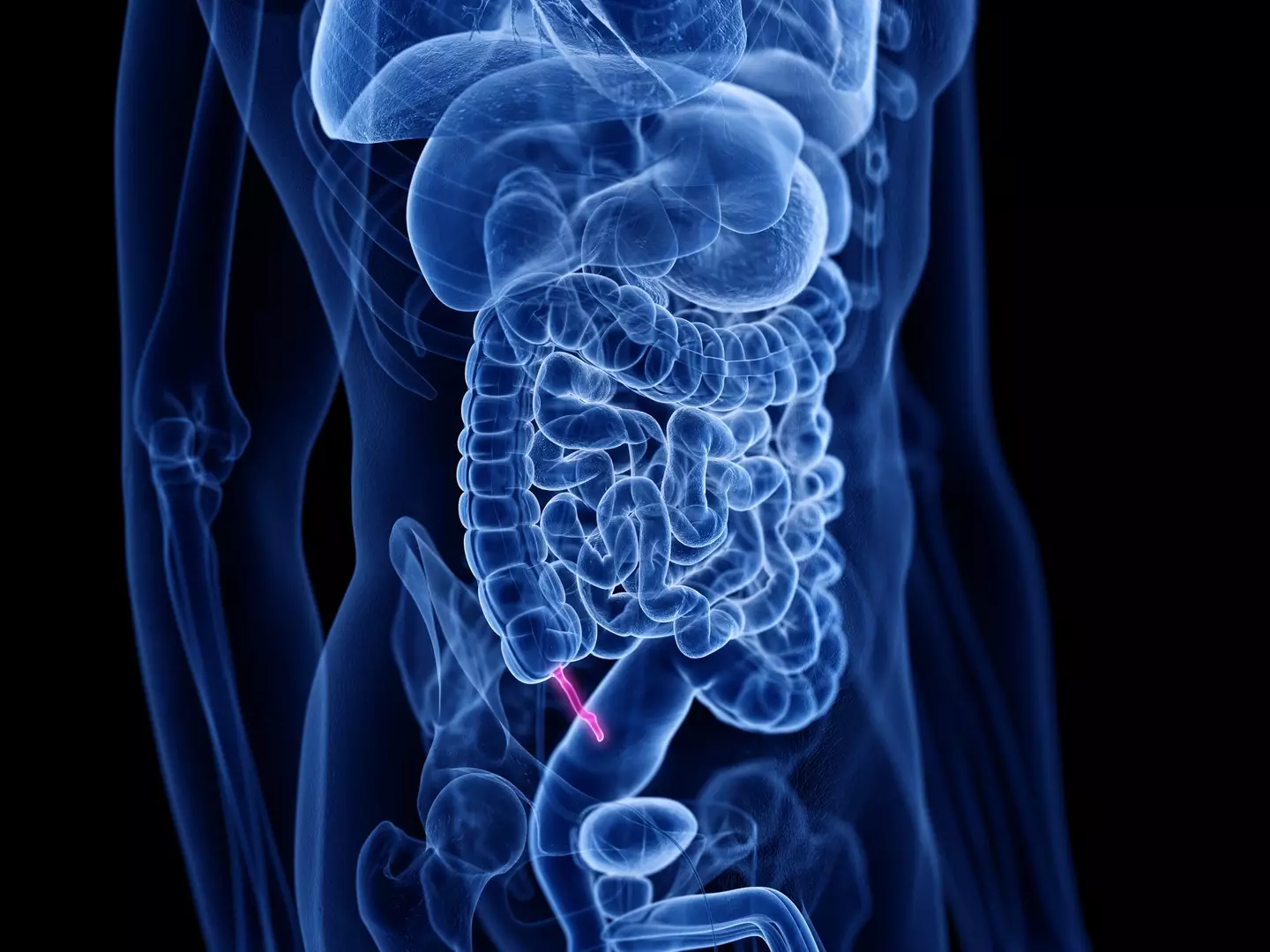
A rare cancer on the rise in two specific age groups has eight key symptoms everyone should know.
Most of them, worryingly, are pretty subtle, and you could easily brush them off and changes in your diet or lifestyle.
Appendix cancer is believed to affect one to two Americans per million every year, according to the National Cancer Institute (NCI).
The appendix is a small organ beneath the lower right abdomen, responsible for producing and storing good microbes for the human gut, as per News Medical.
Advert
However, research has found that diagnosis of this rare type of cancer has multiplied in the US for two particular generations.
A study was published in the Annals of Internal Medicine this week, with researchers calling for people aged 50 and younger to get clued up on the symptoms.

It was discovered that appendix cancer rates have quadrupled in 36 to 44 years old, so, people born between 1981 and 1989.
Diagnosis rates had also tripled in those born between 1976 and 1984 - so, 41 to 49 years olds.
Lead author Andreana Holowatyj, PhD, assistant professor of Medicine at Vanderbilt University Medical Center and Vanderbilt-Ingram Cancer Center, explained more.
“When you take these alarming rates that we are seeing for appendiceal cancer across generations, together with the fact that one in every three patients diagnosed with appendiceal cancer is diagnosed under the age of 50, these point to a timely need for everyone to be aware of the signs and symptoms of appendix cancer," she said.
Most appendix cancers are a type called appendiceal adenocarcinoma, which means they start in the lining of the appendix, where glands produce fluids like mucus.
As is the case with plenty of cancers, they can go undetected and show no symptoms until the disease has already spread elsewhere in the body.

According to the Cleveland Clinic, there are eight main symptoms of appendix cancer to be aware of.
They can vary from person to person, and some could be put down to other factors.
For example, bloating, that uncomfortable feeling of tightness or fullness in your belly, might be brushed off as a result of overeating, stress or diet. However it's one of the subtle appendix cancer symptoms.
Similarly, an increase in waist size or fluid buildup in the abdomen could look like gradual weight gain, leading people to overlook the warning signs.
Pain in the abdomen or pelvis may be mild at first and confused with menstrual cramps, muscle strain or indigestion.
Other symptoms - like changes in bowel habits, including diarrhea - could be wrongly attributed to food sensitivities or a change in diet.

Nausea and vomiting are also common and may be linked to something like a stomach bug or food poisoning, but again, it could also be a symptom of cancer. Some people experience early satiety, meaning they feel full after just a few bites of food - something that could be dismissed as a temporary appetite change. One less subtle symptom, however is, appendicitis - the sudden inflammation or infection of the appendix, which causes major pain.
Worse still, untreated appendicitis could be fatal, so it's important to get it treated as an emergency. Yet, it could also be a signal of something even more serious.
If you have any concerns, contact your doctor.